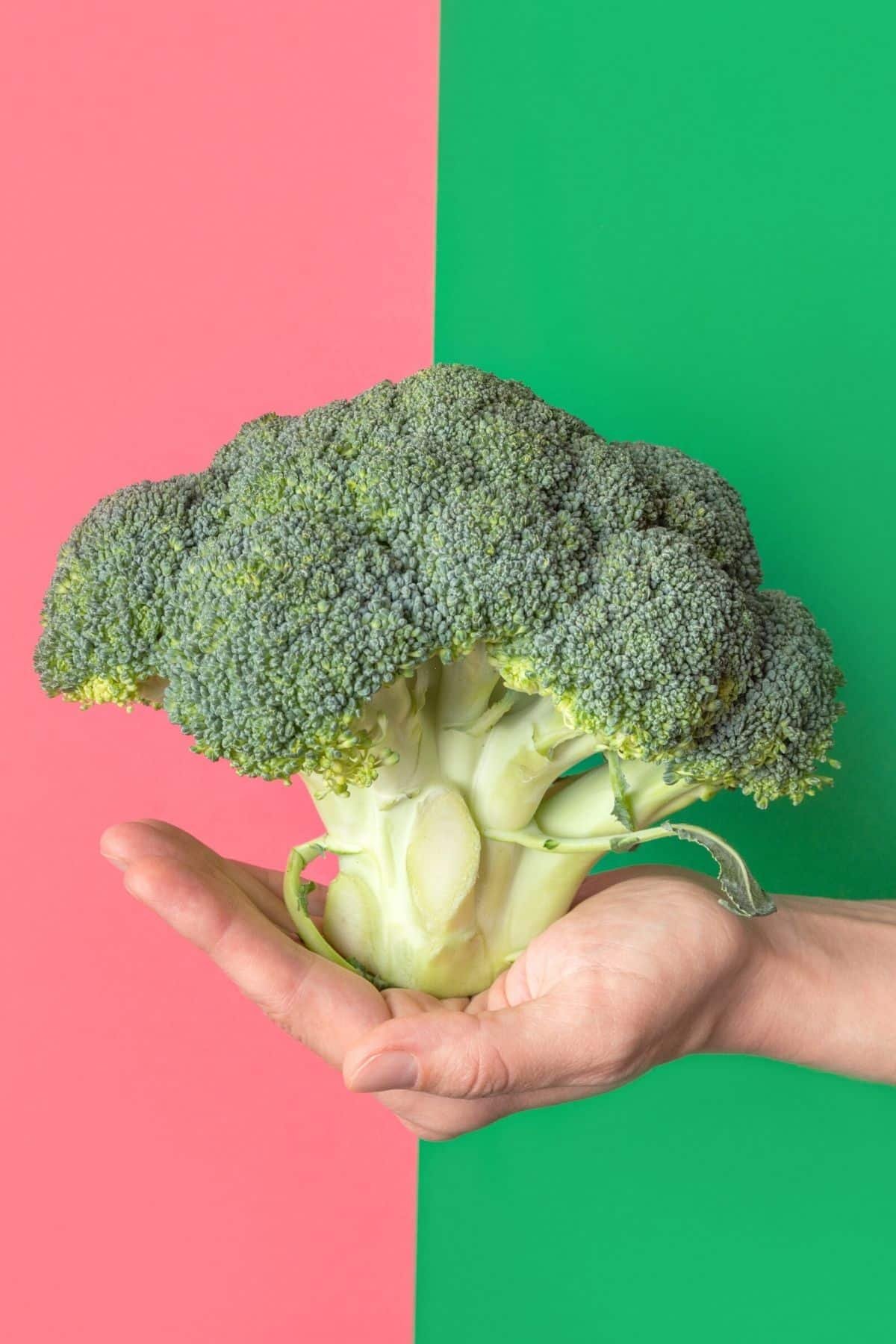7 Vegan Diet Myths (Read This Before You Go Vegan)
In the ongoing debate between plant-based diets and meat consumption, misinformation abounds. Many myths swirl around the benefits and drawbacks of plant-based eating versus consuming meat. In this article, we’ll explore and debunk seven common myths surrounding vegan and plant-based diets, backed by scientific evidence.
Myth 1:
You Have to Be 100% Vegan for Health Benefits Contrary to popular belief, adopting a plant-based diet doesn’t require complete veganism. While vegans abstain from all animal products, including dairy and eggs, plant-based diets focus on increasing whole plant foods while allowing for some animal products like lean meat, poultry, dairy, and fish. Flexitarian diets, which include occasional meat or fish consumption, offer similar health benefits to vegetarian or vegan diets, such as reduced risks of heart disease and type 2 diabetes.
Myth 2:
Eating Plant-Based Solves All Health Problems While plant-based diets are generally healthy, not all plant foods promote good health. Processed vegan or vegetarian foods can be high in salt, sugar, and saturated fats. It’s crucial to distinguish between healthy whole plant foods and processed alternatives. Additionally, overeating plant-based foods, even if unprocessed, can lead to excess calorie consumption. Balancing meals with whole foods and homemade meat replacements can enhance health benefits while avoiding processed options.
Myth 3:
Vegans Should Avoid Cooking Oils Despite claims that all oils are unhealthy, certain oils provide essential fatty acids vital for health. Maintaining a balance between omega-6 and omega-3 fatty acids is key. While some oils like soybean or sunflower oil are high in omega-6, others like olive or avocado oil offer health benefits. Consider the smoke point and nutritional value of cooking oils to make informed choices.
Myth 4:
Animal Foods Are Inherently Unhealthy Not all animal products are unhealthy. The issue lies in the quality and processing of meat. Factory-farmed and processed meats pose health risks, but naturally raised, organic meats can be nutritious, providing essential vitamins, minerals, and healthy fats. Opting for high-quality meat, free from hormones and antibiotics, ensures a healthier choice within a plant-based diet.
Myth 5:
Veganism Is Always Better for the Environment While reducing meat consumption can lower greenhouse gas emissions, not all plant-based foods are environmentally friendly. Imported fruits and vegetables, like asparagus or avocados, contribute to carbon footprints due to transportation. Responsible consumption of locally sourced, seasonal plant foods alongside ethical meat choices can mitigate environmental impacts.
Myth 6:
Your Diet Dictates Your Identity Identifying solely with your diet can lead to social and psychological issues. While pride in healthy food choices is commendable, rigid dietary identities can alienate others and hinder open-mindedness. Embrace cultural diversity in food choices and focus on the entirety of your diet rather than restrictive labels.
Myth 7:
Everyone Thrives on a Plant-Based Diet While plant-based diets offer numerous benefits, they may not suit everyone. Certain conditions, such as low levels of gut bacteria producing vitamin K2 or difficulties converting plant-based beta-carotene into vitamin A, may necessitate meat consumption. Consulting a qualified medical professional can address concerns and ensure dietary adequacy.
Conclusion:
In navigating the complex landscape of dietary choices, understanding and dispelling myths surrounding plant-based diets is essential. While plant-based eating offers significant health and environmental benefits, it’s crucial to approach dietary decisions with nuance and awareness. By making informed choices and embracing dietary diversity, individuals can optimize health and well-being while contributing to a sustainable future.
FAQs:
1.Can I still enjoy health benefits without going completely vegan?
Yes, adopting a plant-based diet while including some animal products like lean meat, poultry, dairy, and fish can offer similar health benefits to vegan or vegetarian diets.
2.Are all cooking oils unhealthy?
No, certain oils like olive or avocado oil provide essential fatty acids and offer health benefits. It’s important to balance omega-6 and omega-3 fatty acids and consider the nutritional value and smoke point of cooking oils.
3.Is veganism always better for the environment?
While reducing meat consumption can lower greenhouse gas emissions, some imported plant-based foods contribute to carbon footprints. Responsible consumption of locally sourced, seasonal plant foods alongside ethical meat choices can mitigate environmental impacts






